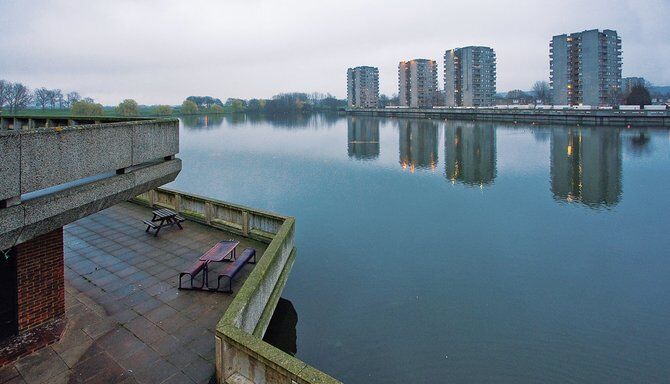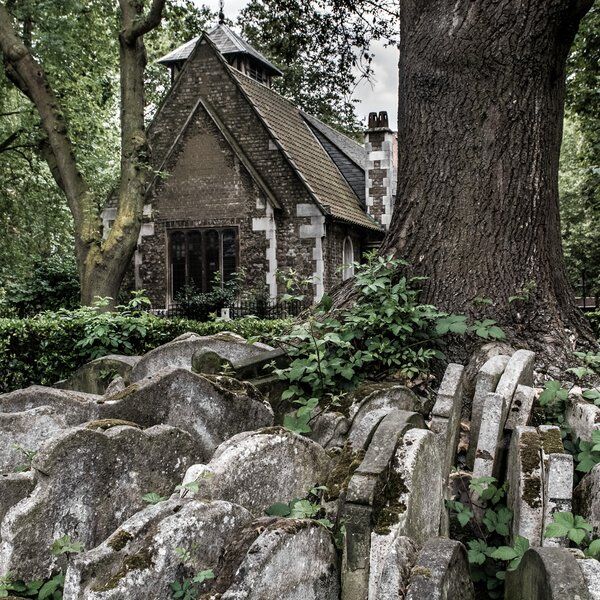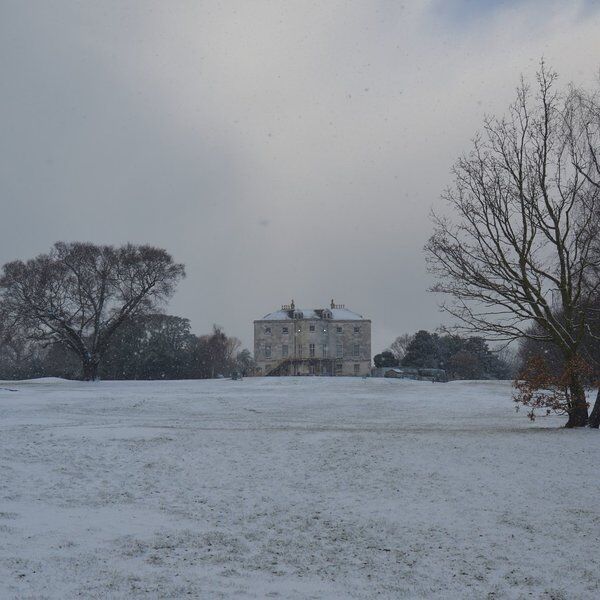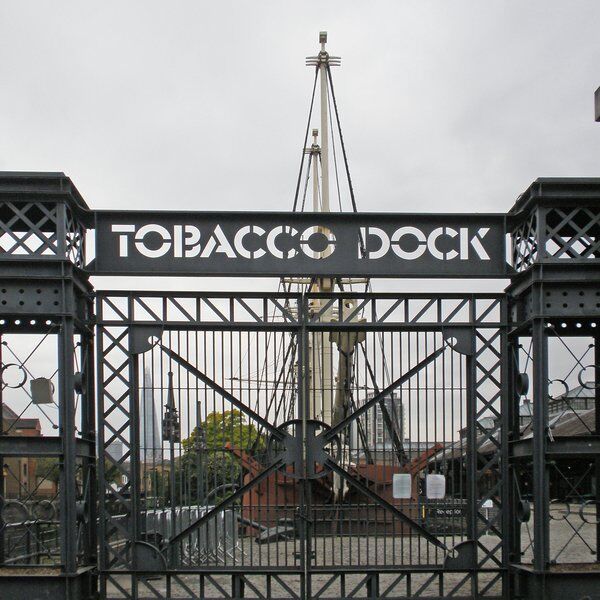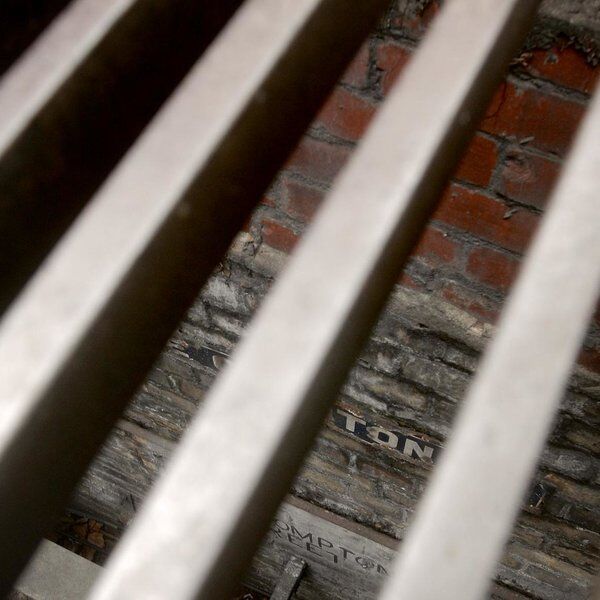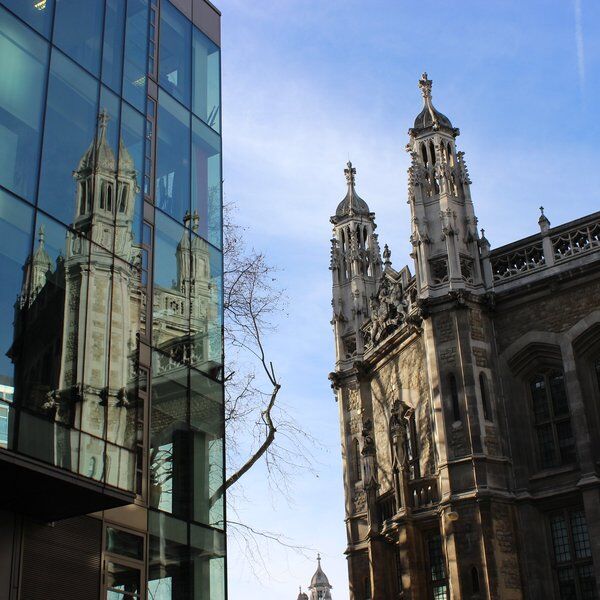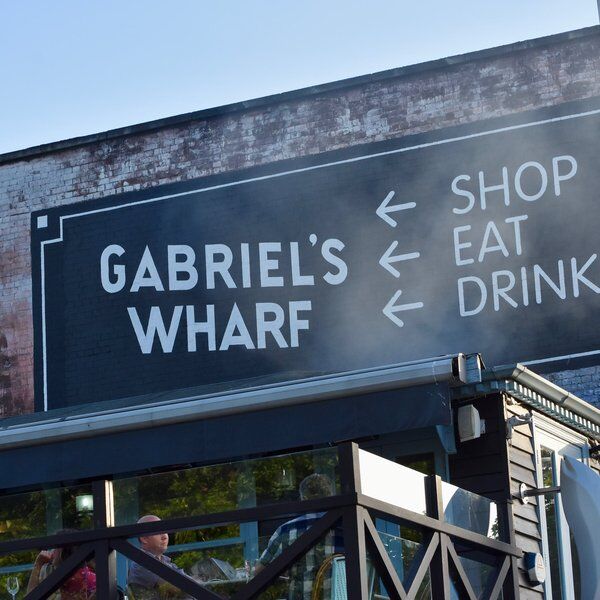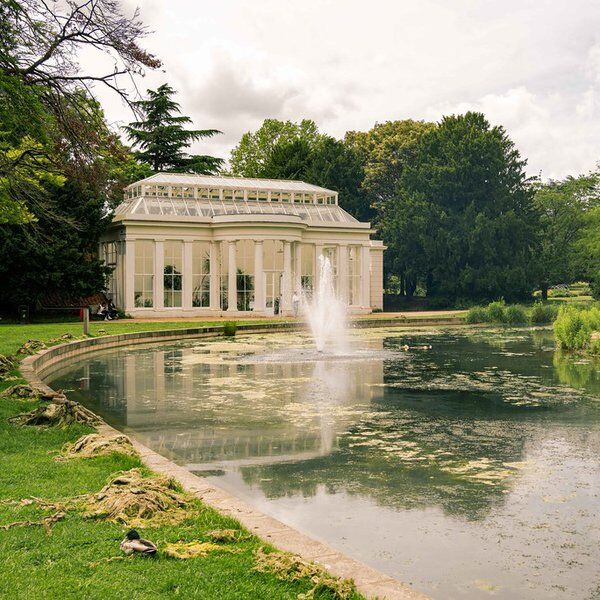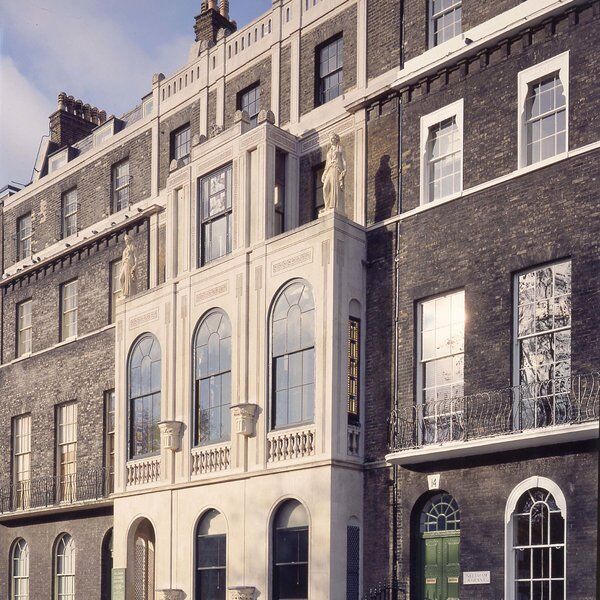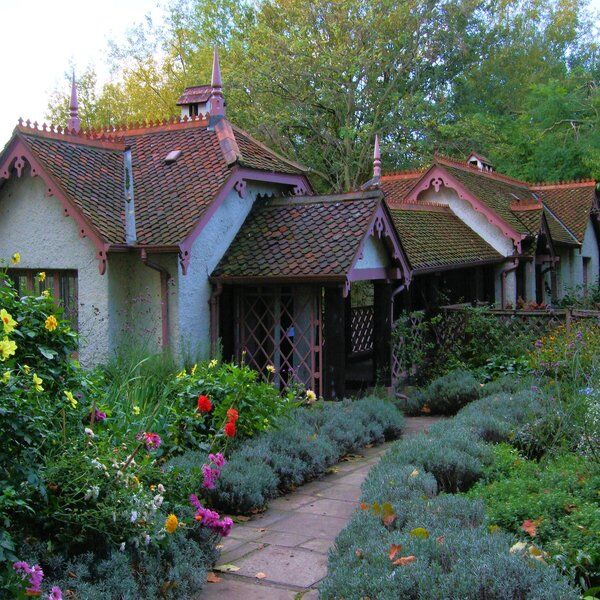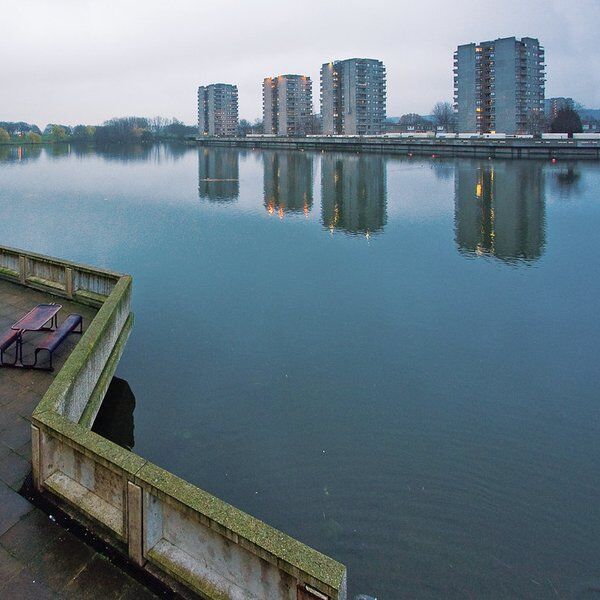
Kubrick's Southmere Lake
'An oasis of tranquility in the heart of London', reads the website of Peabody Sales, a realtor responsible for some of the flats in Southmere Lake. It's a slogan straight out of a dystopian film (and one that belies Southmere's zone 4 location), which is fitting seeing as the area was once used as the home of Alex DeLarge and his droogs in Kubrick's classic A Clockwork Orange (1971).
The clearly artificial lake, surrounded by concrete towerblocks, should be instantly recognisable to fans of the film as the lake into which Alex kicked one of his droogs, to a soundtrack of Rossini's Thieving Magpie, in an early scene. Over the years, it and places like it have become synonymous with cinema's bleaker depictions of the future. So much so that it's hard to believe that people ever thought they were a good idea. In the 50s and 60s however they were all the rage.
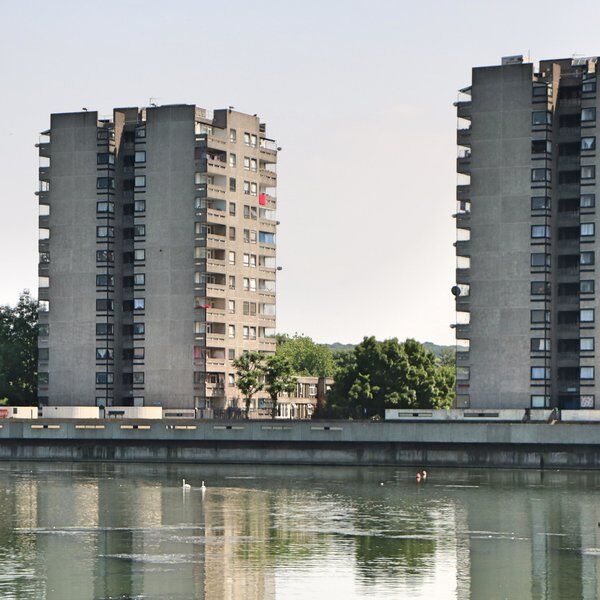
Southmere Lake And Brutalist Ideals
Following the end of WW2, Britain's new and well-intentioned Labour government invested heavily in social housing developments up and down the country (see our article on Sheffield's iconic Park Hill Estate for more). These were to conform to the brutalist ideal of being practical beyond all else, aesthetics be damned.
Working-class people were removed from characterful communities and taken to bulking, anonymous towers full of strangers. Needless to say, many had trouble adjusting.
By the time Southmere Lake was built, in the 1960s, some of the problems with these early complexes had been identified and solutions proposed.
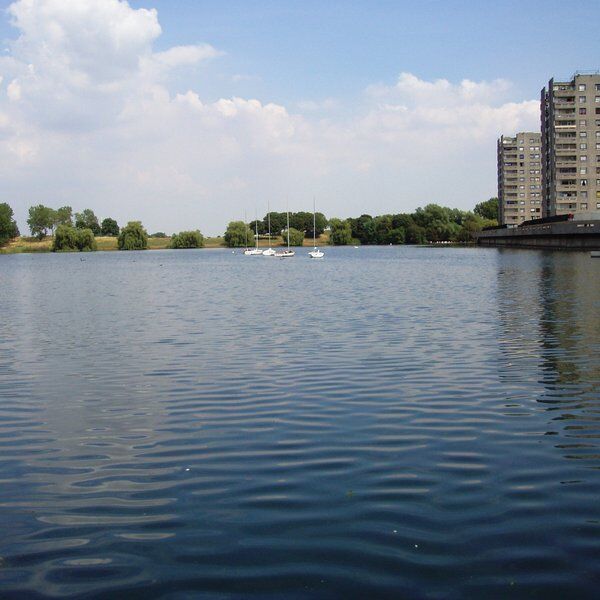
'A Town Of Tomorrow'
Southmere was part of a larger development, Thamesmead, and the lake itself was to be the area's crowning jewel. Inspired by the housing complexes of Sweden, its architects thought that proximity to water would have a calming effect on the residents and reduce the likelihood of crime and vandalism.
They might have taken this too far however. Thamesmead being built on a former marshland, it frequently suffered from floods. So much so that their original design left most of the ground floor unused and featured an elevated escape route safe from rising water levels.
The estate's first occupants moved in in 1968. Complaints about rain penetration followed soon after. In general, the area was laid out with little thought of the people who were to actually live there. The pathways, for instance, did not follow routes that residents would likely ever walk..
The place was soon redesigned.
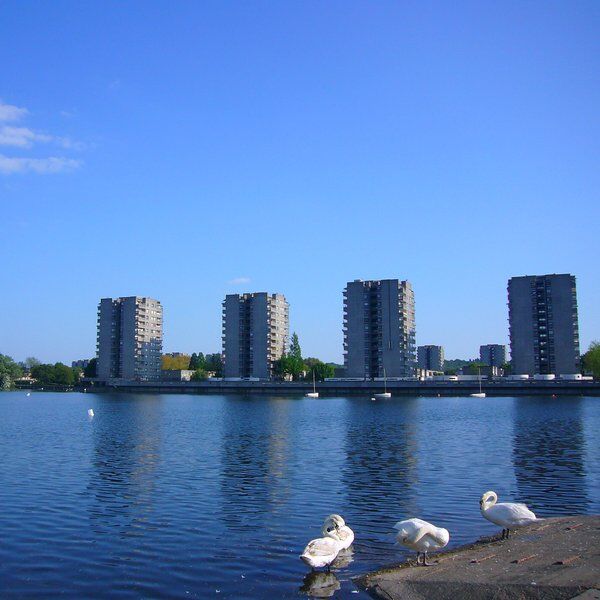
Southmere Lake Today
Today Southmere Lake boasts a large and multicultural community, but it is isolated and suffers from poor transport links. The Jubilee line was originally meant to extend to it, but these plans were later scrapped. It has its own short-range radio service: 106.8 Time fm, and has been sporadically featured in films and on TV, most recently as a recurring location in Channel 4's Misfits (2009-13)
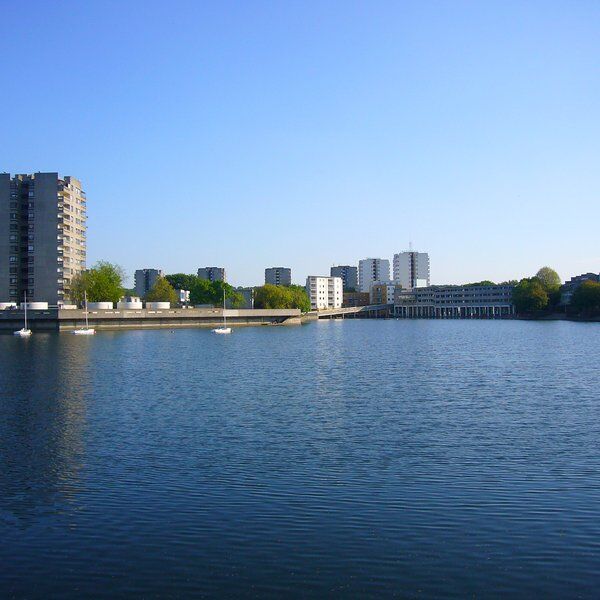
Interested in finding more places like this? Try one of our Treasure Hunts in London - untangle cryptic clues as a team, as you are taken on a journey to the most unique, unusual and bizarre corners of London.
Learn more about strange developments in major world cities in our posts on Culture House DC, Little Venice and Ditmas Park.
